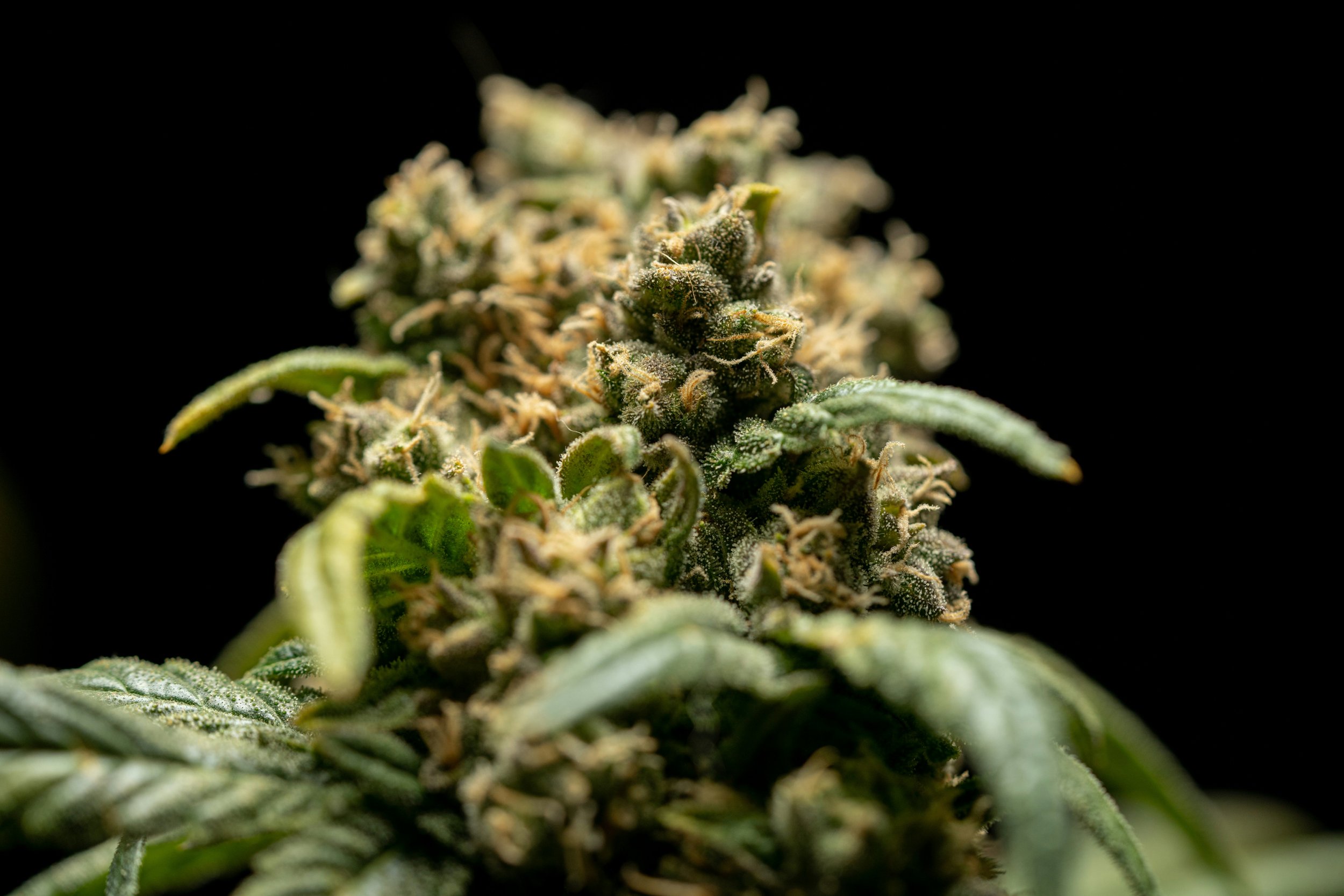Pesticide Scandal Shakes California's Cannabis Industry
After a report from the Los Angeles Times and WeedWeek revealed the presence of pesticides in several regulated products, california's cannabis industry is now in the process of rebuilding trust with consumers.
Words by FP Team
DANIEL CLARK / THE NEVADA INDEPENDENT
California's Cannabis Industry is in the process of rebuilding trust with consumers following a recent pesticide scandal that has had a negative impact on the regulated industry.
Retailers like Catalyst Cannabis Co. in Long Beach have taken the initiative to conduct independent lab tests to identify and eliminate potentially contaminated products from their inventory. The Department of Cannabis Control (DCC), the state’s primary marijuana regulator, has come under scrutiny from various segments of the industry after a report from the Los Angeles Times and WeedWeek revealed the presence of pesticides in several regulated products.
Some tested products exceeded the thresholds set by the U.S. Environmental Protection Agency for a single exposure, emphasizing potential safety concerns for consumers and creating a significant challenge for retailers and other license holders. Catalyst Cannabis Co., a major retail chain in California with 28 locations, has engaged several state-licensed labs to conduct comprehensive tests on approximately 20 stock-keeping units (SKUs) from eight or nine marijuana brands it carries. These tests cover a wide range of attributes such as the presence of pesticides, mold, heavy metals, THC potency, and more, which are similar to the standard test mandated by the DCC.
Catalyst CEO Elliot Lewis has expressed the intention to implement ongoing random testing of products from their store shelves. However, he acknowledged the impracticality and economic infeasibility of testing their entire retail inventory, which consists of 4,000 to 5,000 SKUs. Lewis indicated that they plan to prioritize the testing of pre-rolls and vapes, as these products are often infused with THC distillate from various vendors, making them more susceptible to contamination.
Lewis emphasized the importance of independent testing, stating that without conducting such tests, there is no way to ensure the integrity of the products on their shelves. He also mentioned that if they discover that brands, manufacturers, or distributors provided them with contaminated products, they are prepared to take public action, including potential retail bans.
The recent media coverage of products that failed testing and were available for sale in regulated stores has already led to a product recall by state regulators. For example, the DCC issued a mandatory recall for a 1-gram Curepen vape cartridge from West Coast Cure, a popular brand in California, due to chlorfenapyr, a prohibited pesticide, in the product. West Coast Cure stated that all their products undergo rigorous lab testing and any product that fails testing is destroyed.
However, despite these measures, consumer confidence in the regulated market has been affected. Concerns about product contamination and composition have led some consumers to reconsider their brand preferences, impacting businesses like Catalyst Cannabis Co. which has reported a slight dip in business following the media reports.
The industry is also witnessing an increase in lab testing, with licensed operators expressing concerns about the negative impact on the credibility of the regulated marijuana market. While there is growing scrutiny and criticism within the industry, the DCC has emphasized its commitment to increasing enforcement actions across the supply chain to uphold regulatory standards.
Amid these challenges, the industry is focused on rebuilding trust and ensuring the safety and quality of regulated cannabis products in California.
FP Team covers cannabis, fashion, lifestyle, and design in New York. More about Frasspot
Jul 08, 2024 - Updated Jul 19, 2024More in Journal





